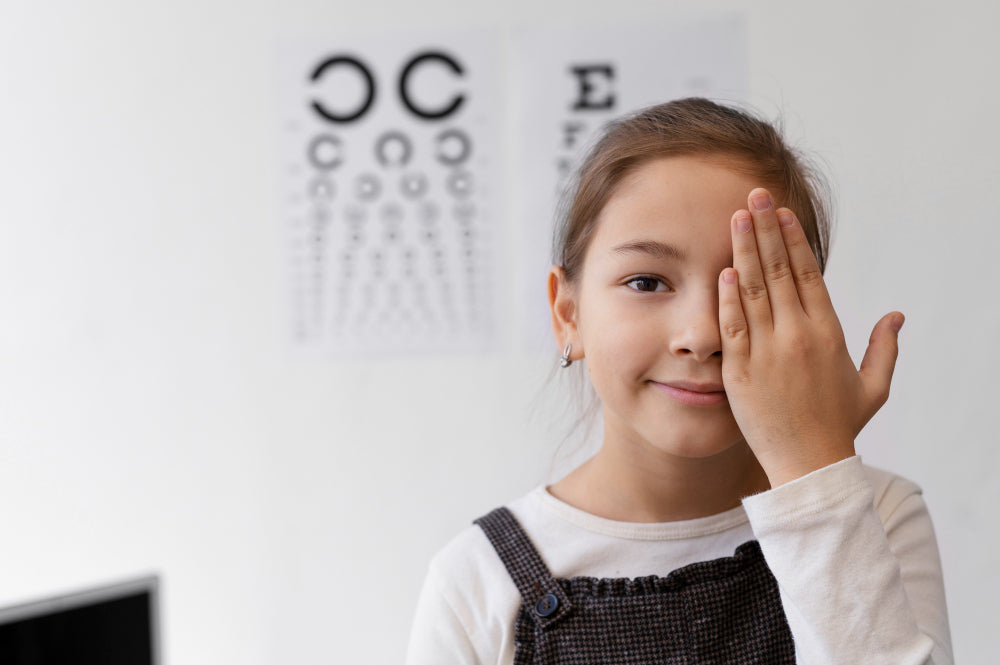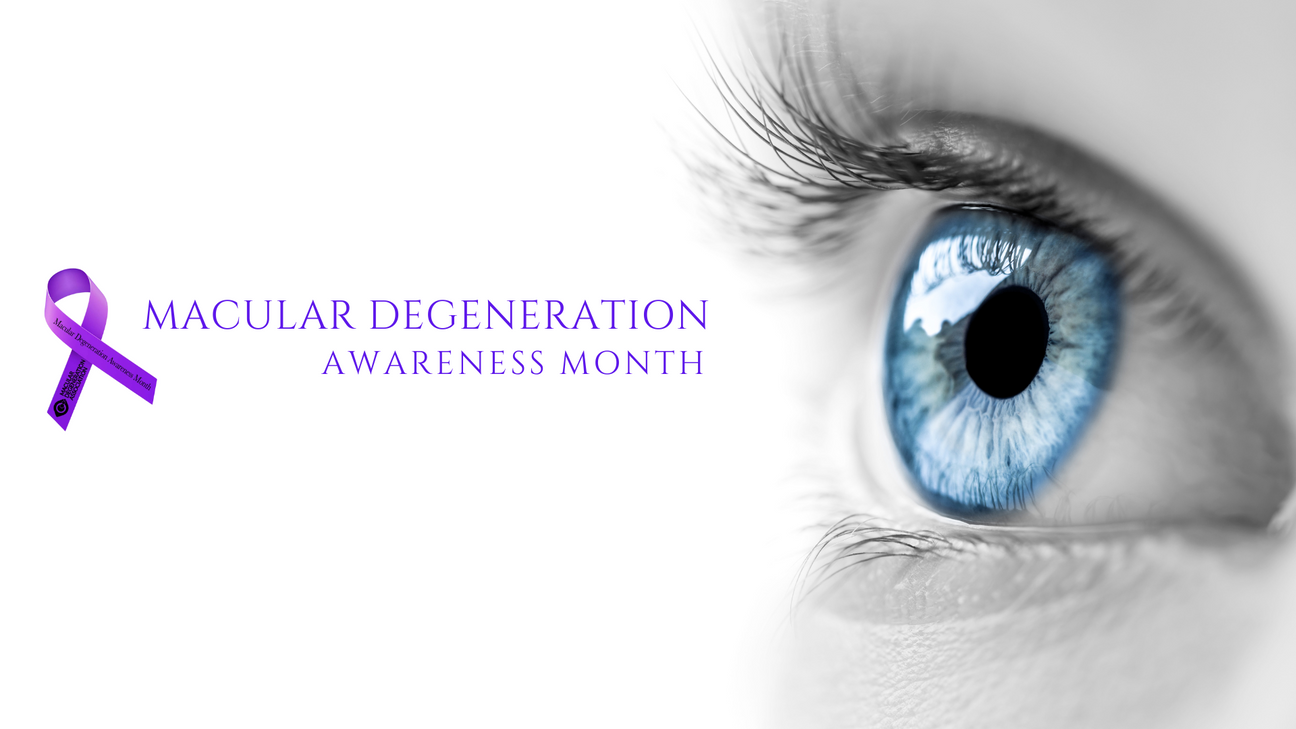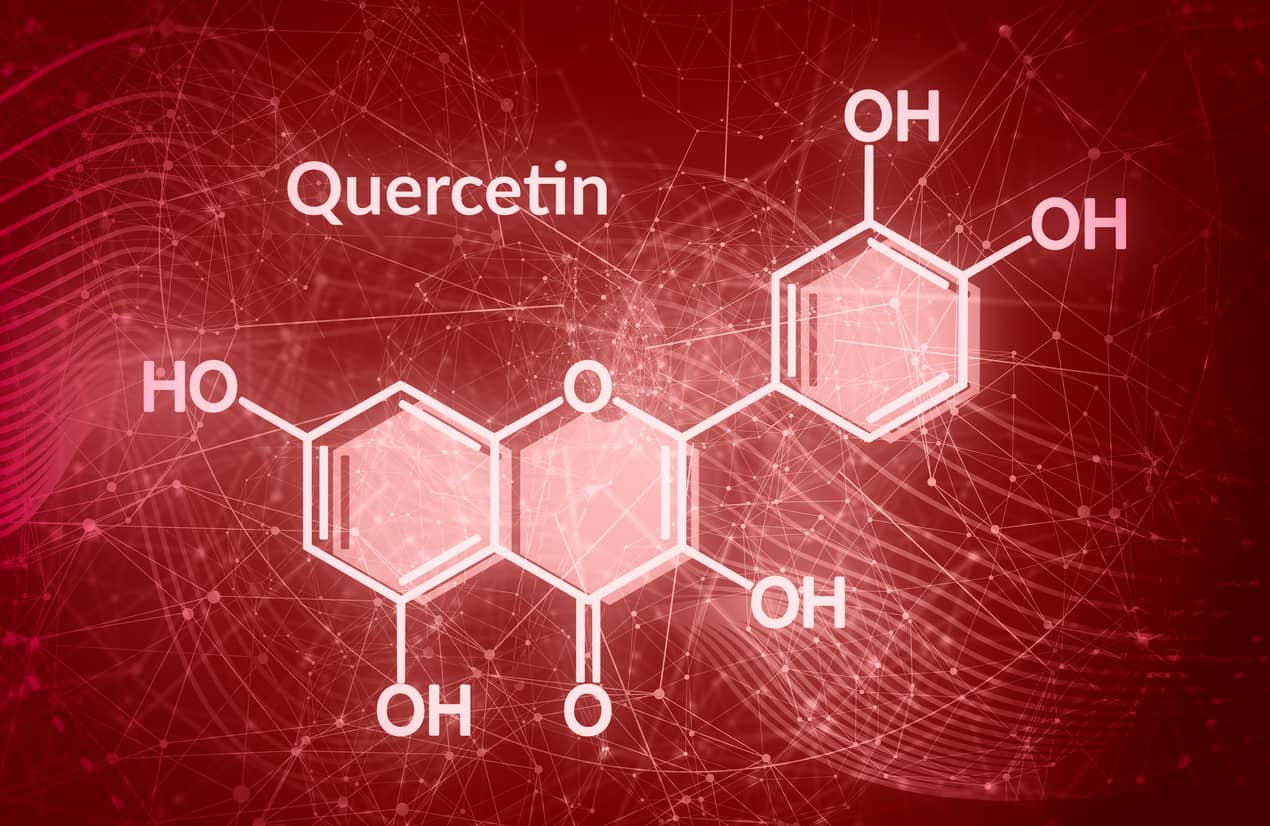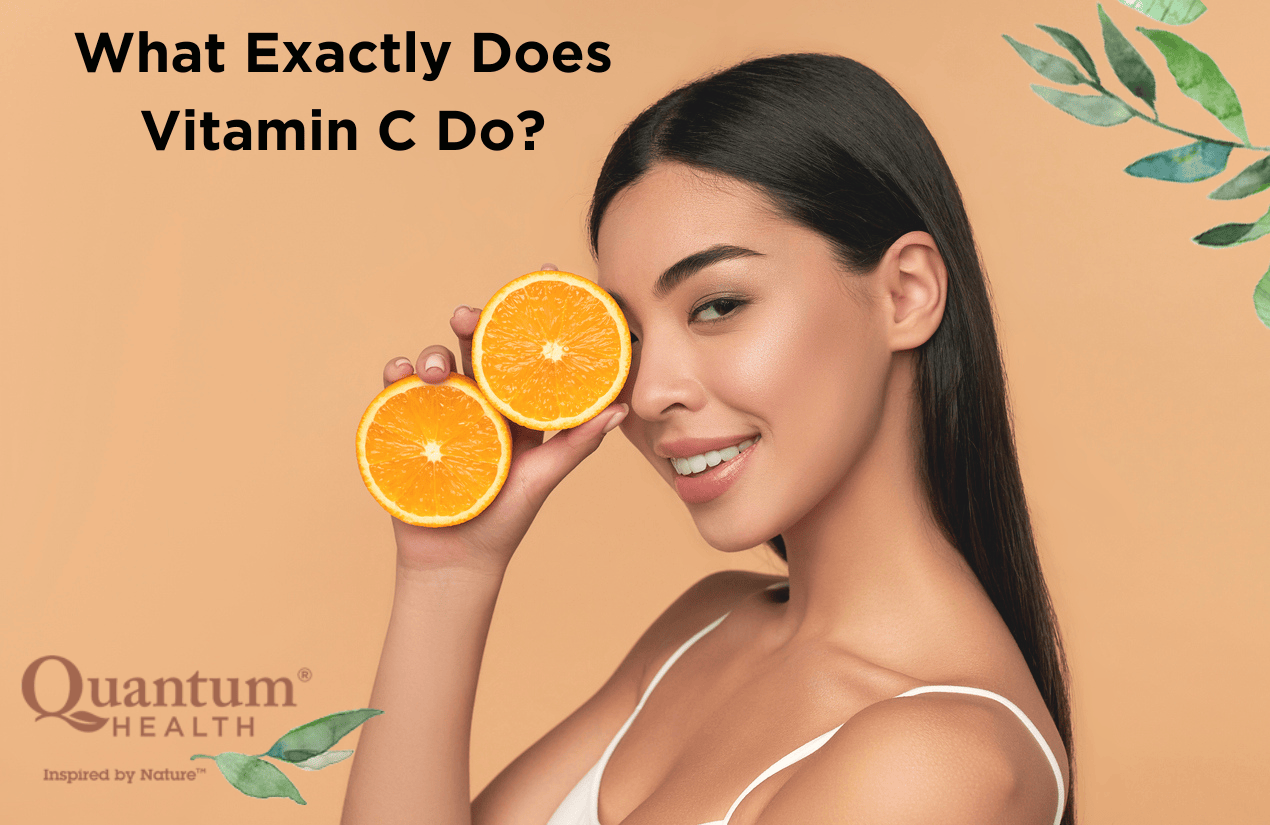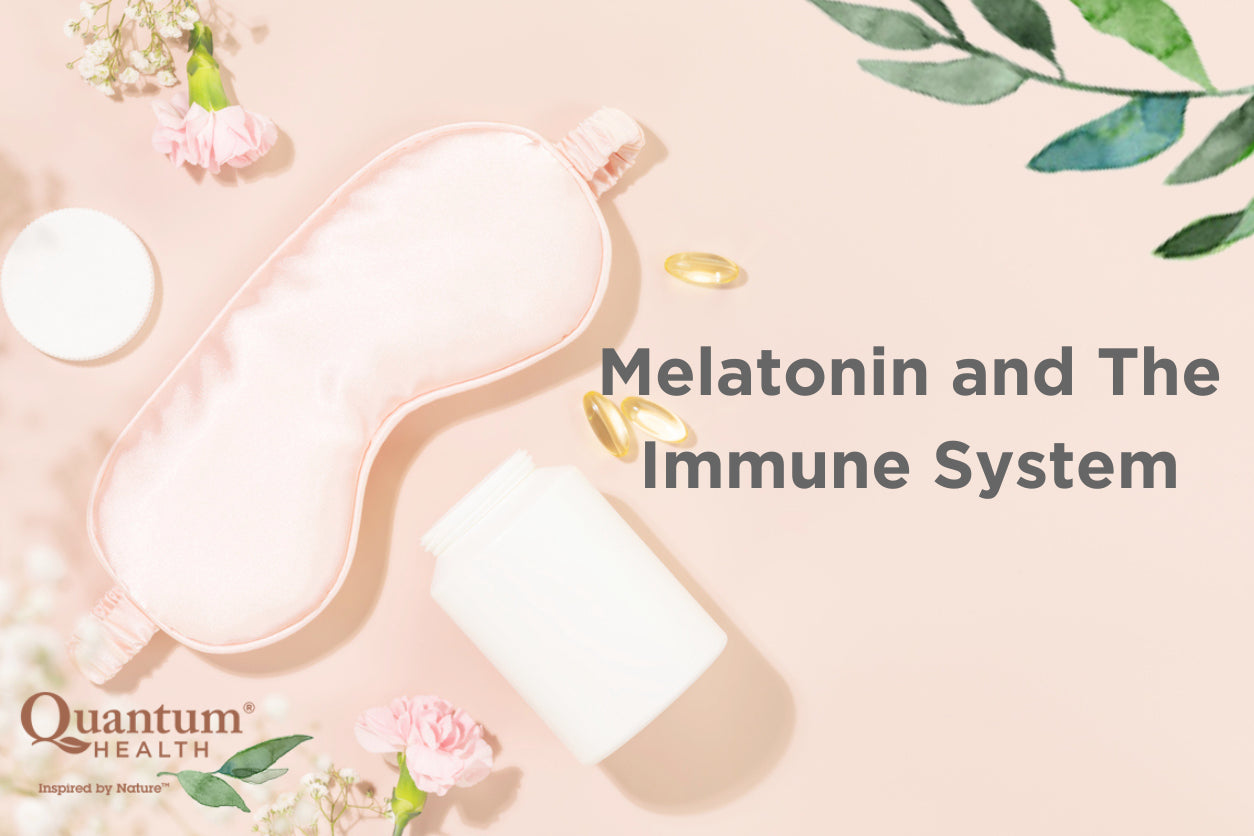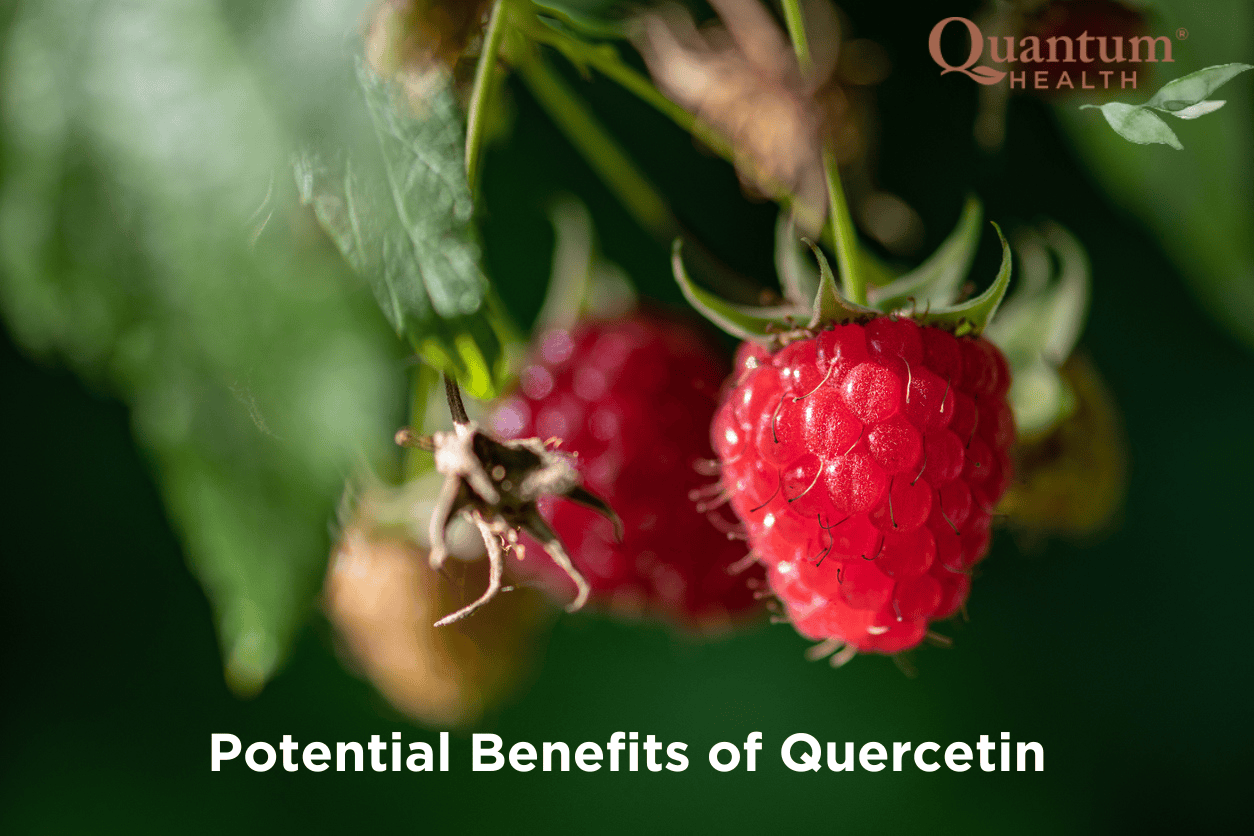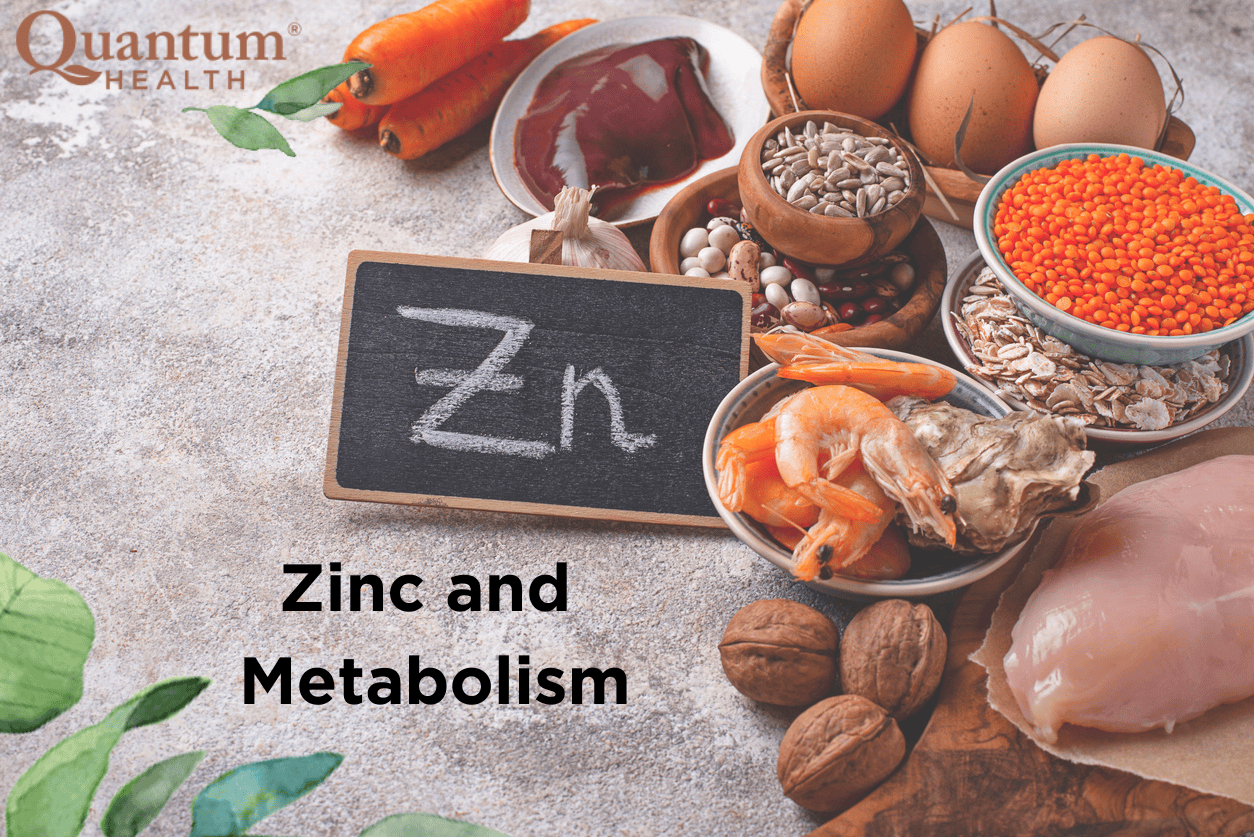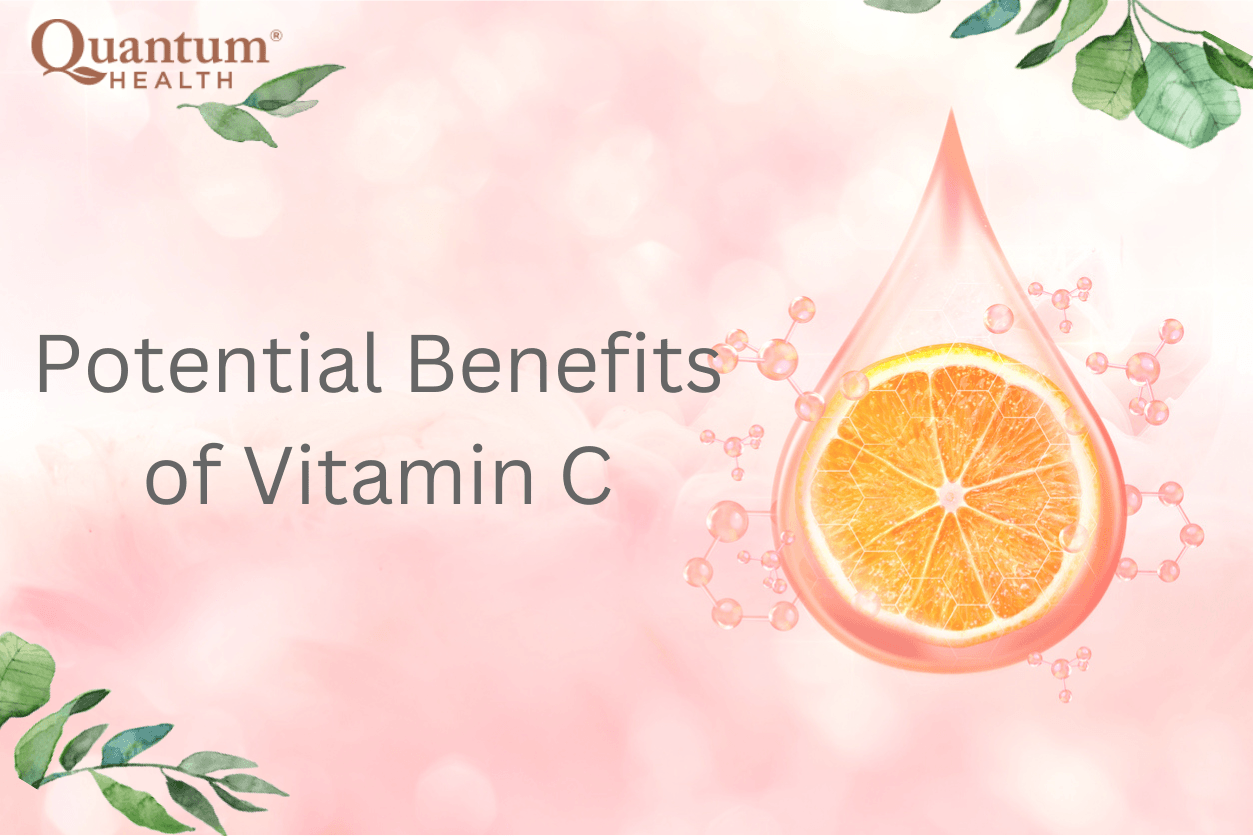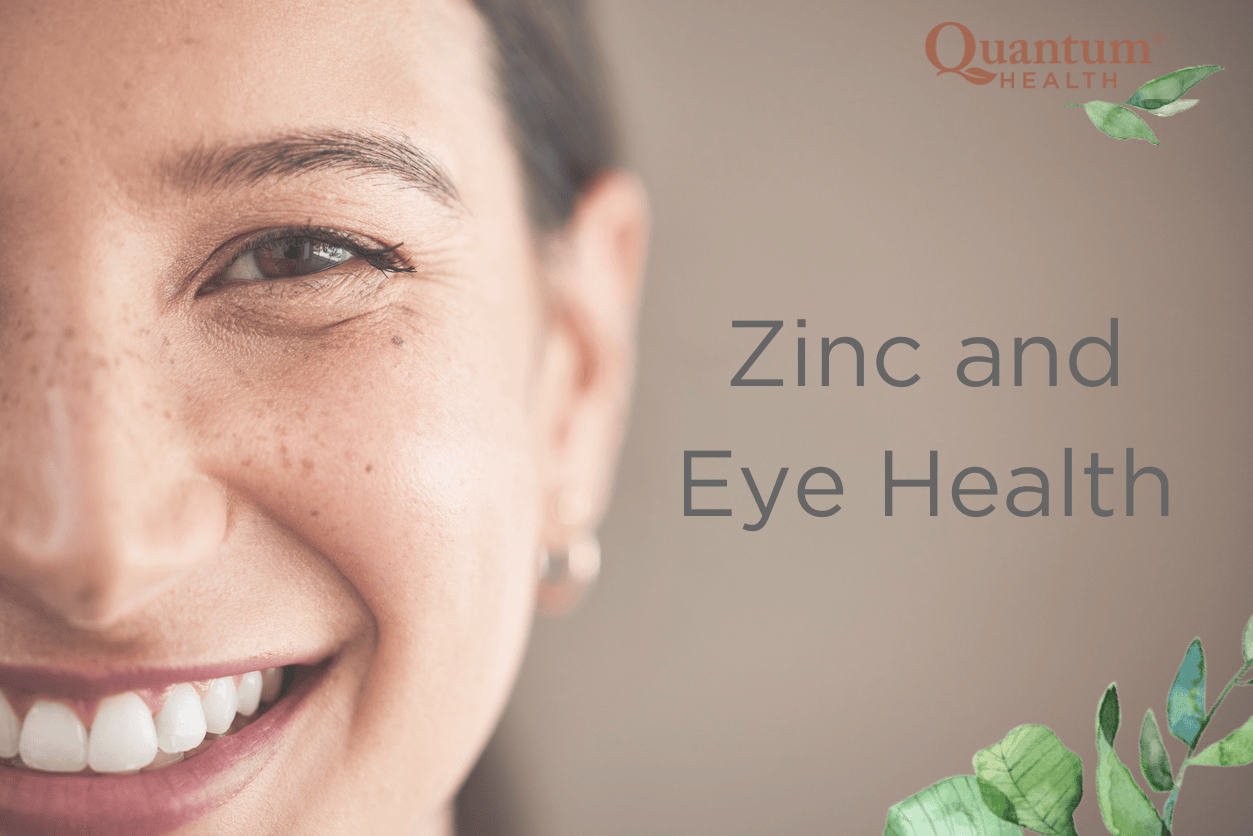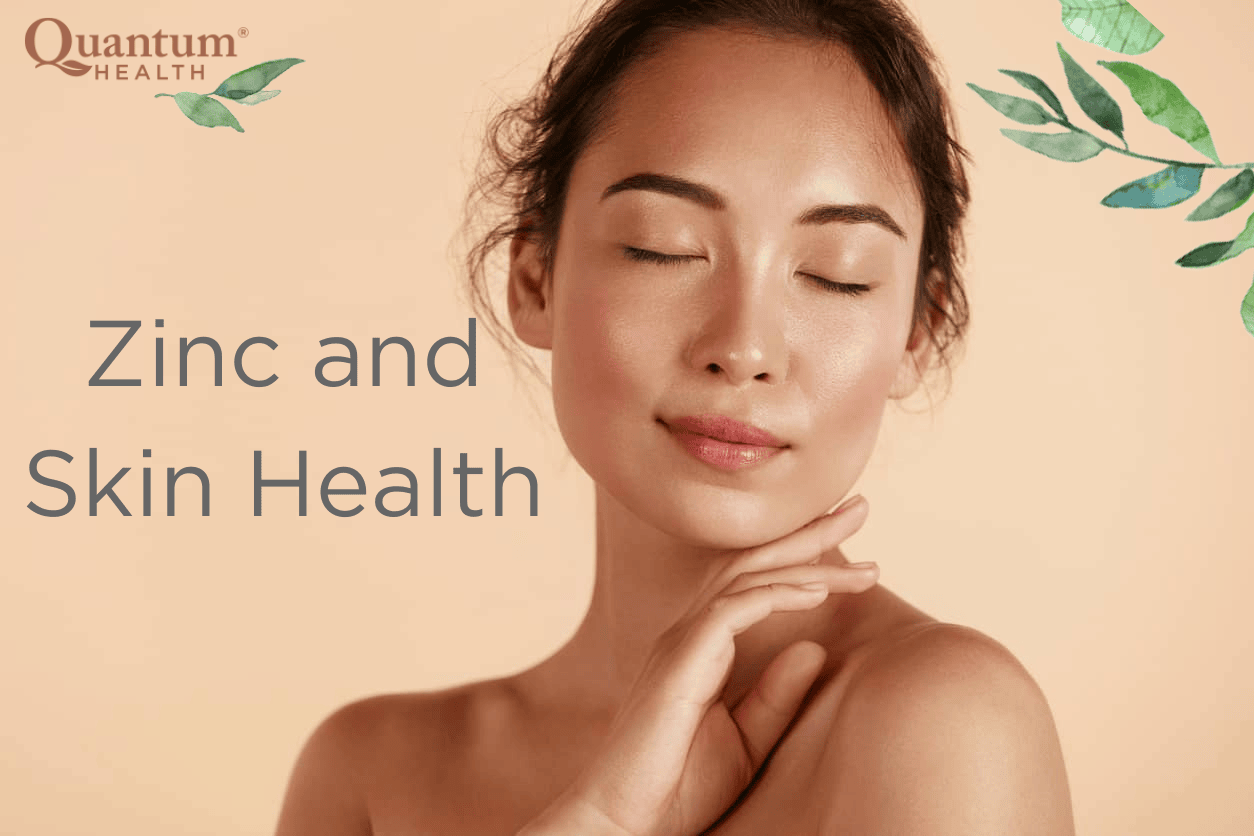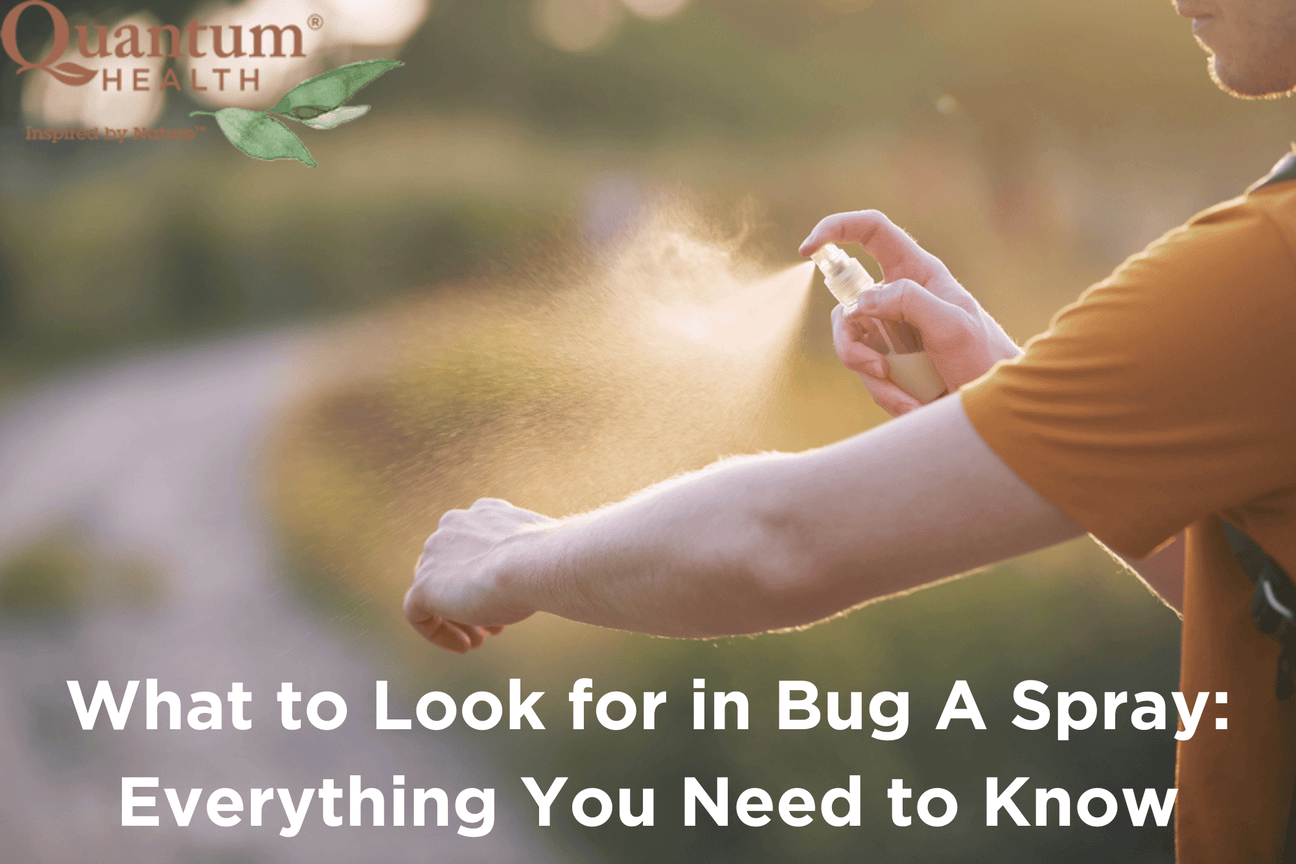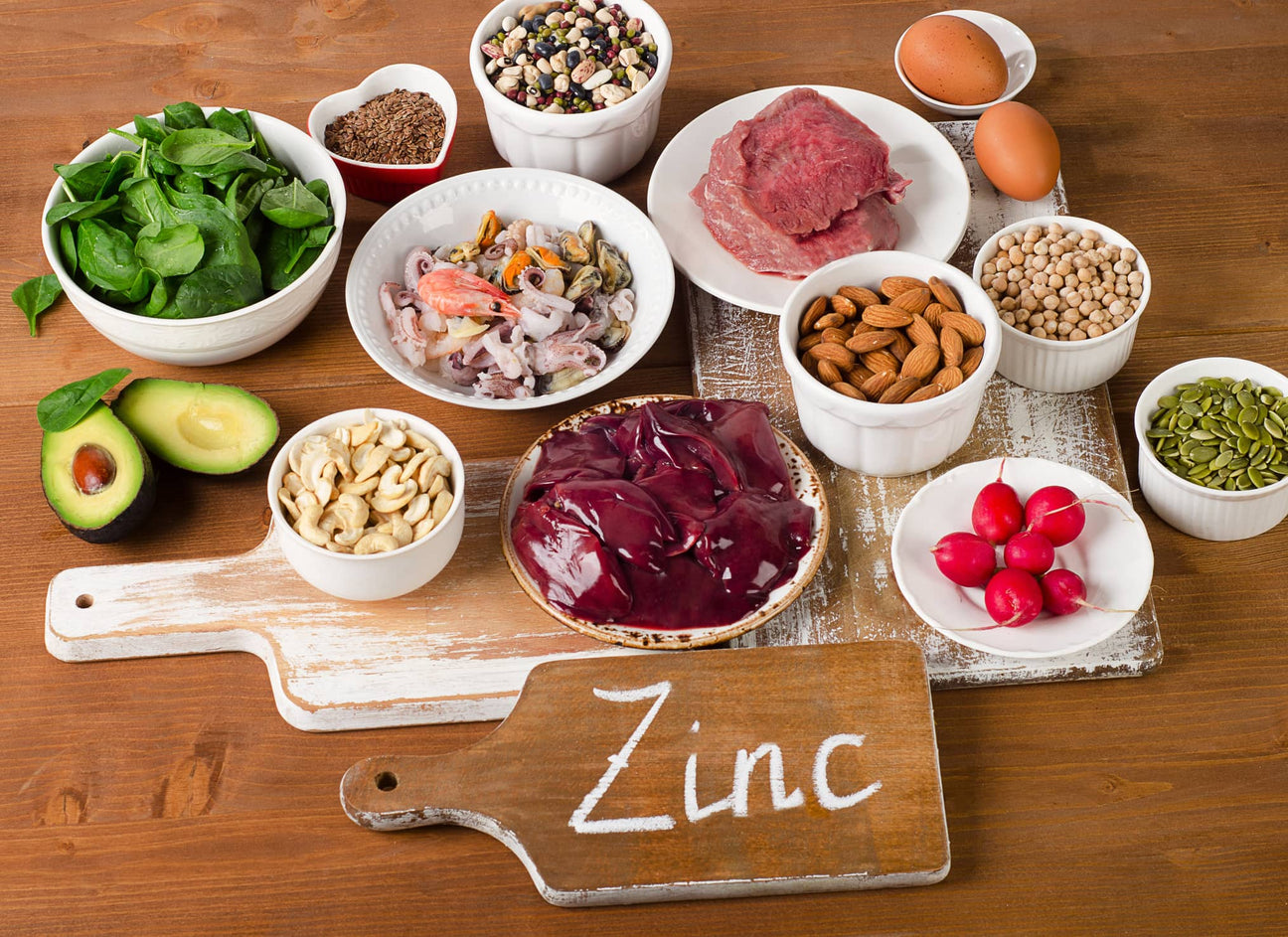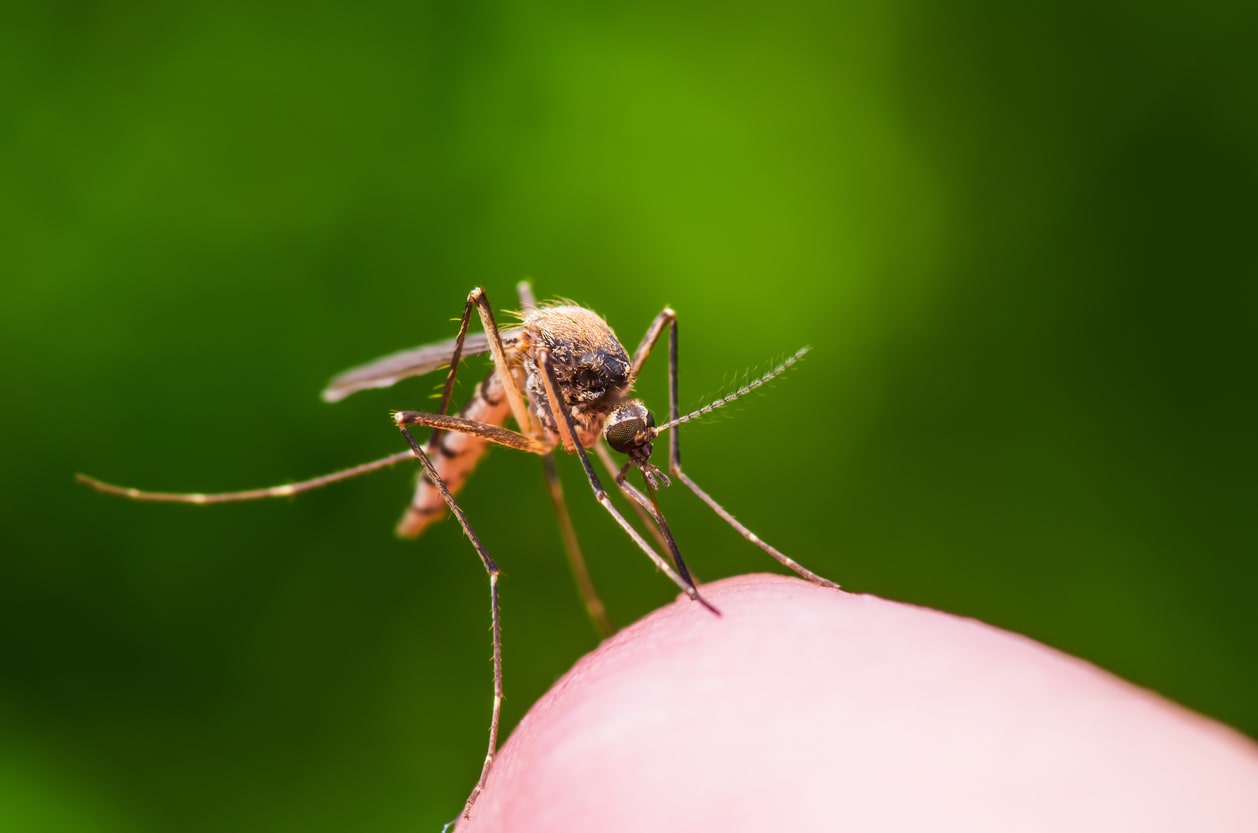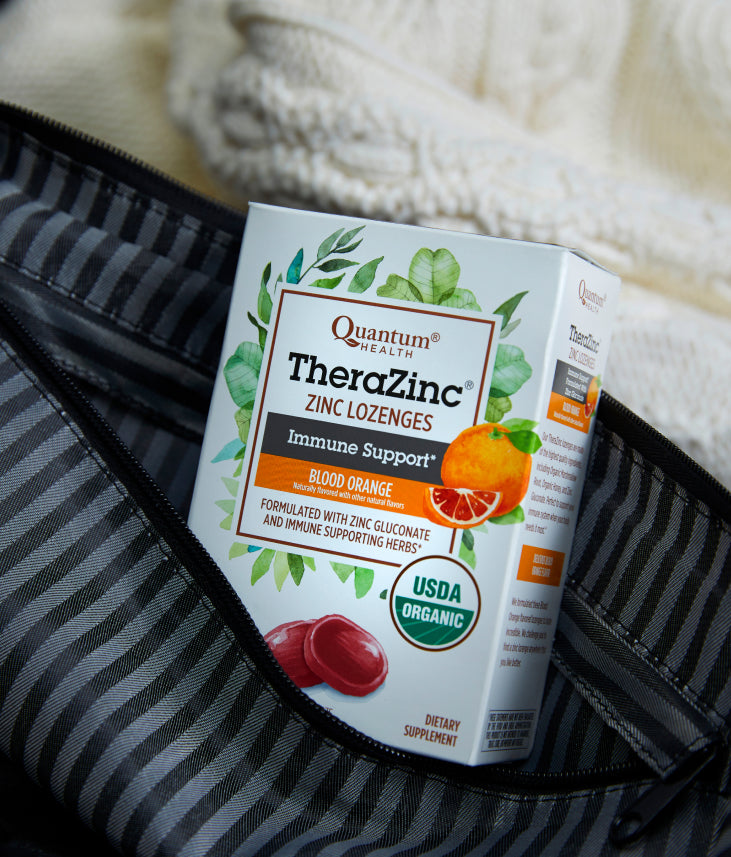The Most Important Vitamins for Eye Health
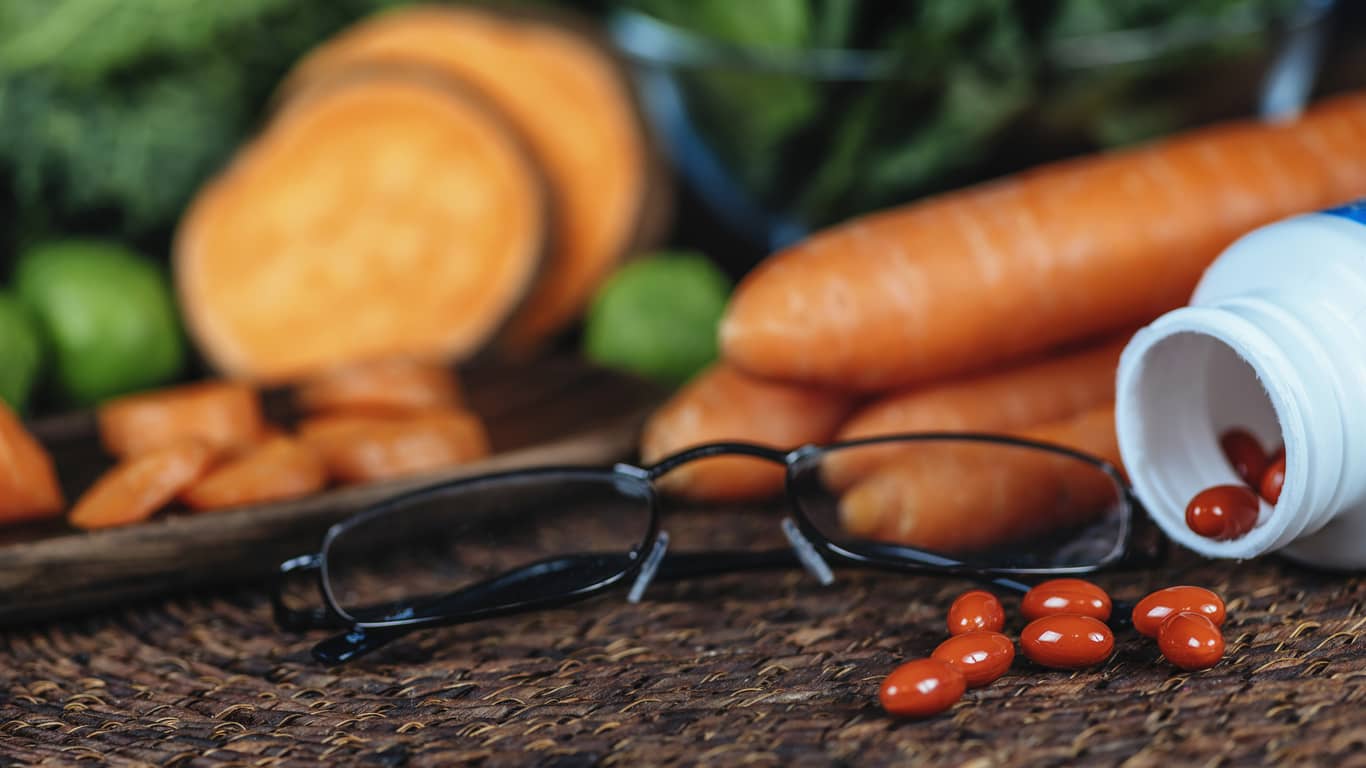
We depend on our vision for almost everything, and if you don’t take proper care of your eyes, you may experience worse consequences than just poor eyesight. Depriving your eyes of the vitamins and nutrients they need puts your body at risk for potential long-term degeneration and eyesight issues. Below, you’ll find an overview of some of the most important vitamins for your eye health. As you’ll soon see, when incorporated into your daily routine, these nutrients can help in maintaining your eyes' overall health.
Vitamin A has quite a few vital functions, including helping the eye see when in dark conditions and helping to protect the cornea from any possible damage. Aside from taking a supplement, you can get Vitamin A from beta carotene-rich foods like carrots, sweet potatoes, squash, pumpkin, leafy greens, and eggs.
Vitamin E contains a lot of antioxidants that can help combat free radicals, which can potentially damage proteins in the eye, often leading to cataracts. In addition to taking Vitamin E supplements on a daily basis, you can find this important nutrient in peanuts, almonds, asparagus, and certain types of oils like wheat germ and corn.
Vitamin C is filled with nutrients that help protect the eyes from sun damage. Incorporating Vitamin C into your daily diet will also work to balance any loss of the nutrients that come with the aging process. In addition to the Vitamin C in citrus food, you can eat green vegetables like broccoli and Brussel sprouts to get enough in your diet.
Vitamins B6, B9, and B12 have been shown to help potentially prevent age-related macular degeneration (AMD) by decreasing the amount of homocysteine (a protein that may be associated with inflammation) in your body. Along with taking a supplement with this series of B vitamins, these rich nutrients can be found in foods like eggs, dark leafy greens, poultry, and different types of fish.
Riboflavin is also known as Vitamin B2. This nutrient carries high levels of antioxidants that can prevent stress in both your eyes and your entire body. As a result, Riboflavin works to protect your eyes from developing cataracts and other potential health problems. Rather than taking a vitamin supplement, you can incorporate foods such as yogurt, oats, beef, and milk into your diet.
Omega-3 Fatty Acids are found in the retina and work to prevent this part of the eye from potential damage and deterioration. These nutrients are also commonly prescribed to treat dry eye syndrome. In addition to getting rich Omega-3 Fatty Acids in the form of a vitamin, you can find these nutrients in walnuts, chia seeds, and fatty fish like sardines and tuna.
Lutein and Zeaxanthin are known as macular carotenoids and are critically important for macular and retinal function. These powerful antioxidants are found in leafy green vegetables like spinach and kale, as well as in eggs. They serve an important function in helping the macula filter high energy blue light, and also contribute to improved glare tolerance and optimized visual processing speed.
Share
Your share can inspire countless others.










